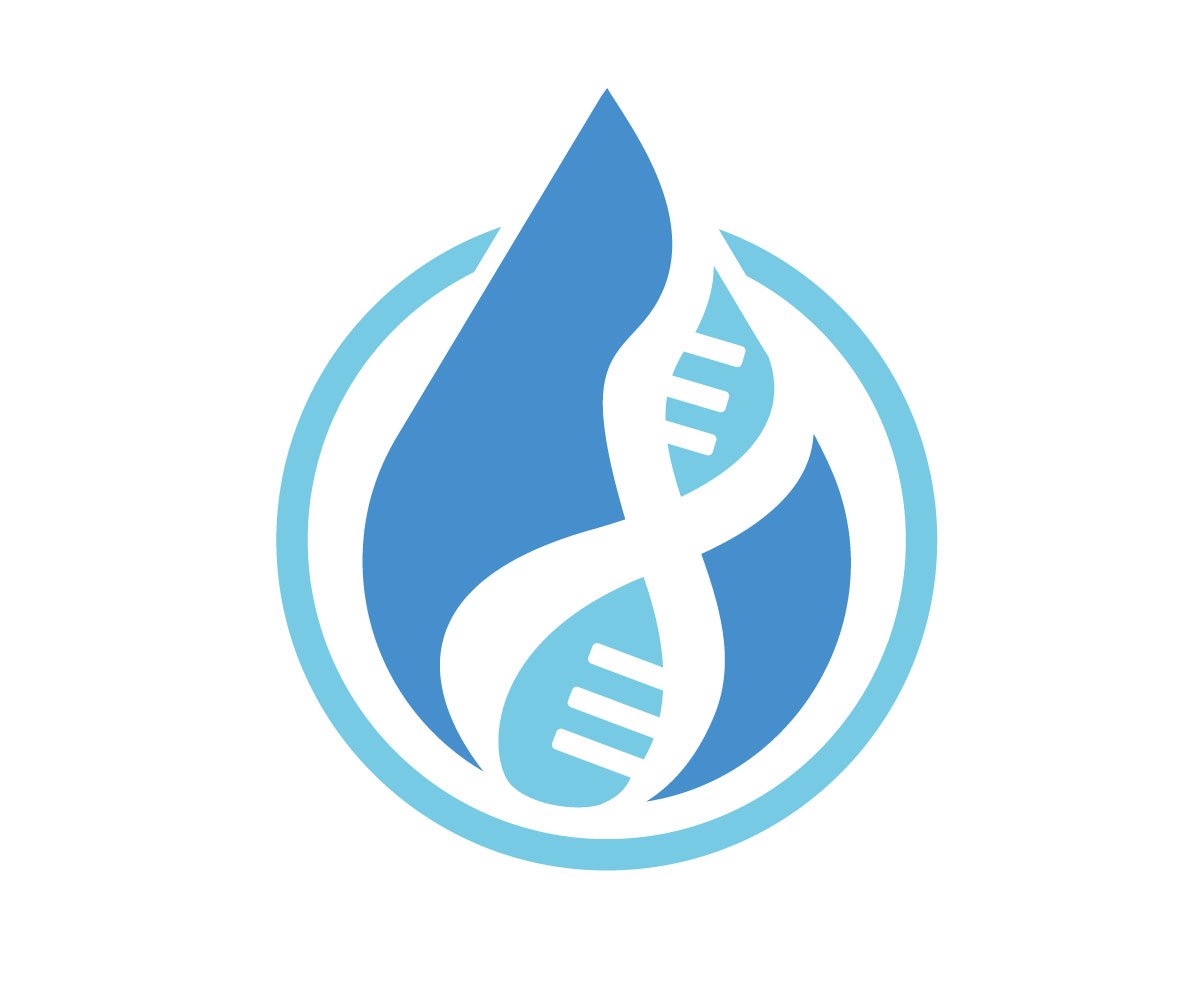Study invites those with a parental DNA discovery
Research into the experiences of people receiving unexpected results from DNA testing continues.
A new study based at Long Island University aims to explore parental identity experiences in greater depth, from a small number of adults who have taken a DNA test and received an unexpected discovery related to their own parentage.
Sign up to read this post
Join Now

